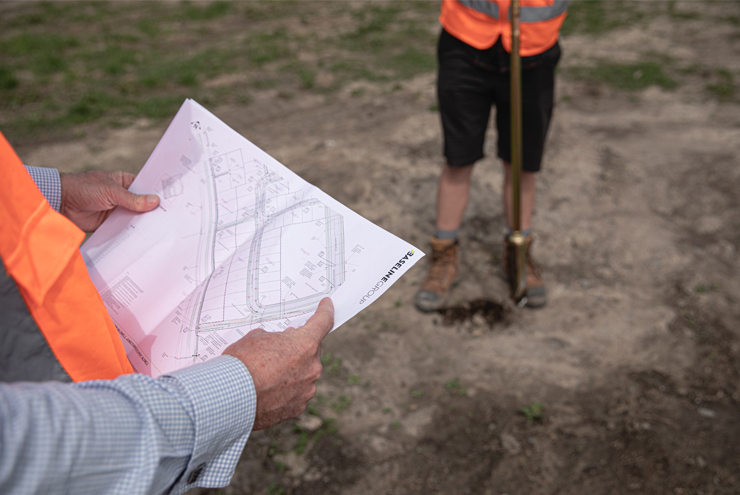By Anna Bensemann, Senior Planner, Baseline Group, Ph 0800254723 E: info@ blg.nz | Jun 06, 2024

The planning system in New Zealand often gets criticism for being the source of many frustrations. Developers face cost and time delays associated with processes under the Resource Management Act (RMA), while stakeholders such as environmental organizations and Iwi are concerned that there are insufficient protections for the land and environment they value.
Planners, who are at the forefront of these frustrations, play a crucial role in explaining the nature of planning provisions and the processes required under the RMA. They also manage the competing interests associated with the use and development of our land, air, and water resources, with a focus on creating sustainable outcomes.
What role do planners play in the property and land development process?
Planners can fulfill a range of roles in the planning process to deliver sustainable outcomes. At the local level, policy planners determine the key environmental outcomes and specific planning provisions for a district. This role requires planners to consider all the provisions affecting a local community, assess if these outcomes are appropriate, and recommend changes or modifications as necessary. Additionally, policy planners must be aware of and implement any changes to planning provisions at the local level, based on directives from the central government, such as new or amended National Policy Statements, National Environmental Standards, or amendments to the RMA itself.
Private consulting planners provide advice and assistance to applicants on implementing local planning provisions. They offer guidance on permitted activities and land uses, and on how likely resource consent applications for certain activities, land uses, and subdivisions are to succeed. Consultant planners can help landowners implement new technologies or innovations not covered by local planning provisions. They also assist applicants in identifying and consulting with affected parties in a meaningful manner and can challenge council provisions to recognize the unique circumstances of a proposal.
Council resource consents planners review applications for activities that do not meet permitted activity standards. They consider the scale of any non-compliance and the unique circumstances of the proposal. This approach acknowledges rules are often designed for generic situations. By evaluating applications under the specific conditions of the site and the features of the proposal, council planners can approve situations where adverse effects are avoided or appropriately mitigated. They must consider all competing interests associated with the proposal and determine if approving the consent is appropriate.
Collectively, the planning profession is designed to ensure that urban environments are functional, aesthetically pleasing, and environmentally sustainable. This is in light of the competing interests of different stakeholders in how we use our land, air, and water resources. Given the complex and interconnected nature of our environment, its little wonder planning is seen as the cause of many problems.
Make sure your next project goes seamlessly, get in contact with us today!
Articles you might be interested in
- Granny Flats get the Green Light in 2026
- What the New Planning System Will Mean for Future Developments
- Granny Flats are not lawful – Yet
- Key Fundamentals of Urban Design and how these are showcased in Rolleston
- Target Price Contracts: A Smarter Way for Developers to Avoid Budget Blowouts
- New RMA rules tighten hazard controls for urban development
- The enjoyment of private property rights
- How AI can shape our future?
- What are development contributions and how might they affect you?
- Granny Flats to Be Allowed, Without Consent: What Homeowners Need to Know